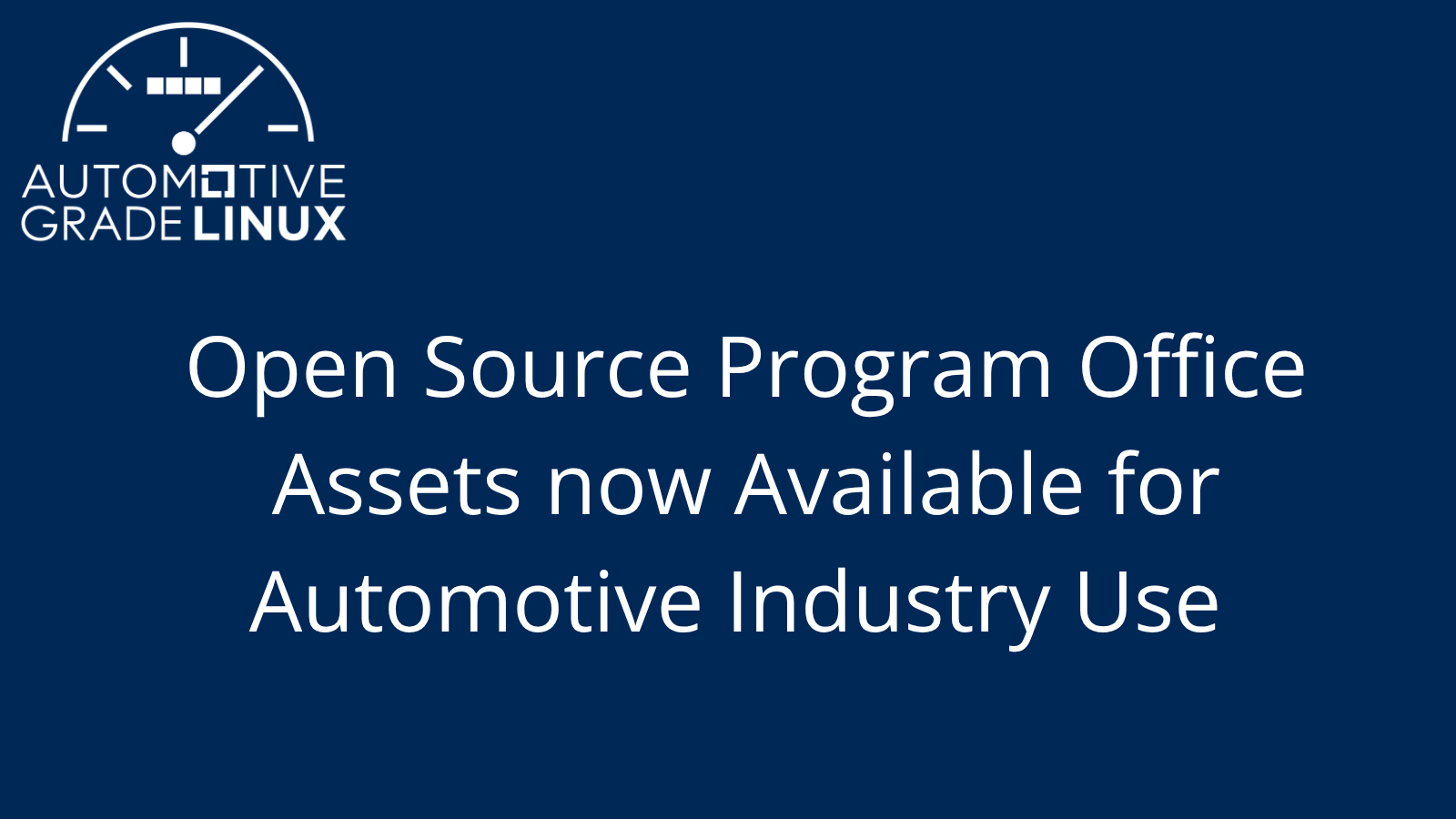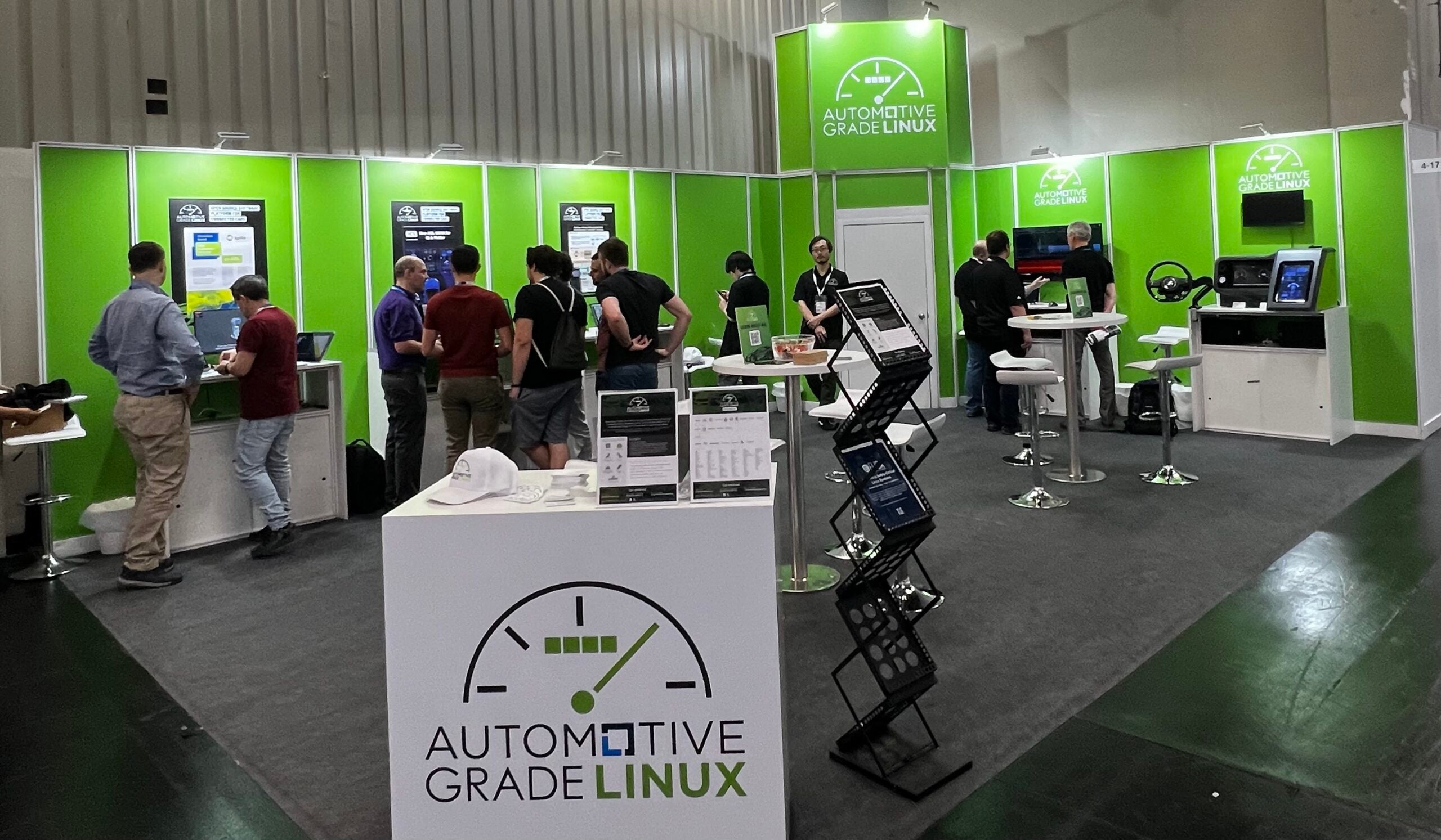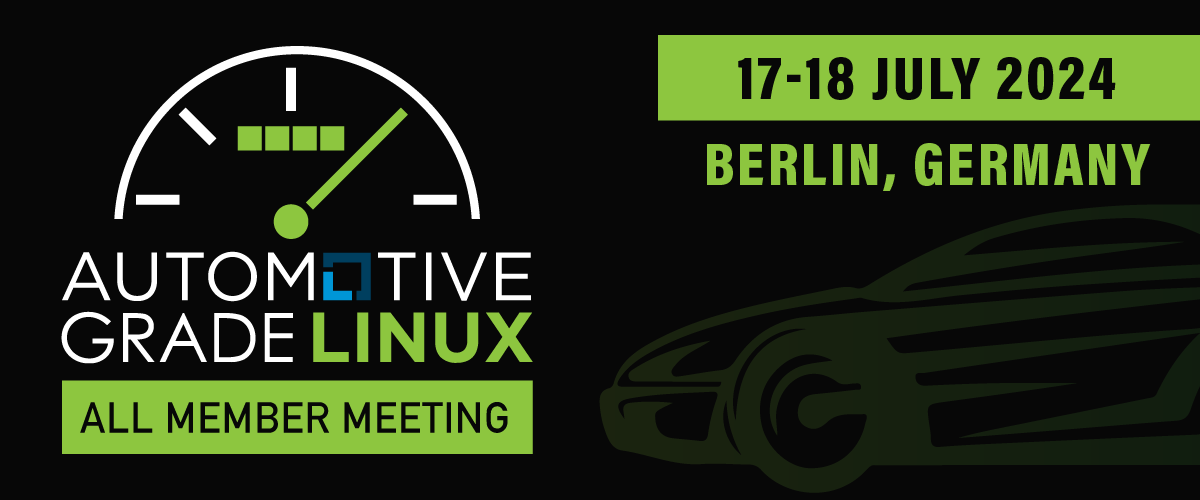The AGL community is comprised of a diverse set of member companies that are collaborating on enabling the next generation of in-vehicle software systems. This blog series highlights AGL members and how they are contributing to open source software solutions that will benefit the entire automotive industry.
Name: Jayant Thakur
Title: SW Manager, Automotive Infotainment
Company: Texas Instruments Incorporated
Can you tell me a little bit about what your company does and your role within your company?
Texas Instruments Incorporated (TI) is a global semiconductor design and manufacturing company that develops analog ICs and embedded processors. My role within the company is to manage the software development and application teams designing automotive infotainment processors.
Why is your company investing in open source?
TI has been working with open source and Linux for more than 15 years across multiple products. Linux provides a great open software platform for TI processors, particularly for automotive and industrial markets. Compared to any custom or commercial high level operating system (HLOS), it allows TI to leverage its large community, large set of existing and evolving features and acceptability within the market.
How has open source impacted your company? What benefits have you seen or what do you expect to achieve?
TI develops and provides Linux-based software development kits (SDK) for automotive applications. Using open source reduces overall software development efforts and allows for faster time-to-market. Also, it allows our customers to leverage the community model of development for non-differentiating features, so their focus can mainly be on developing value addition on our devices.
How is your organization involved in AGL? Please include any workgroups or board/committee positions.
As an AGL member, we work closely with the community and The Linux Foundation to enable the “Jacinto 6” family of processors as a supported reference platform. We also collaborate with the Continuous Integration and Automated Test (CIAT) workgroup within AGL.
Have you contributed any code back to AGL? If so, what was the function or application?
We enabled “Jacinto 6” as a supported reference platform in the AGL Unified Code Base (UCB), starting with the Charming Chinook release. We also contributed to the meta-agl Yocto layer to make this possible and helped upstream all the Yocto recipes into the meta-agl layer. Another notable addition is the custom IVI controller for Weston, which could serve as a reference implementation for other platforms as well.
How do you plan to use or support the AGL Unified Code Base?
TI’s “Jacinto” automotive processors support the latest AGL UCB distribution. All the required code is committed back to AGL repositories. We are working on the Daring Dab release and are continuing to add more features to showcase our processing capabilities.
What do you think sets AGL apart from other industry alliances?
Two key AGL advantages are their record for on-time releases and their strong focus on “code-first.”
How do you anticipate AGL changing the automotive technology landscape?
AGL is putting efforts in the right direction by providing common functionality for automotive products based on HLOS (Linux) across head unit, cluster, telematics, V2X and more. This provides a rapid prototyping environment for OEMs, Tier1, IC providers and third parties to jumpstart their designs and focus more on unique features that they want to develop.
What advice would you give to someone considering joining AGL?
The more involved you are in AGL activities, the more value you will get from the project. AGL is a very welcoming community, with a lot of people eager to help out. So just get started, get involved and contribute back!




